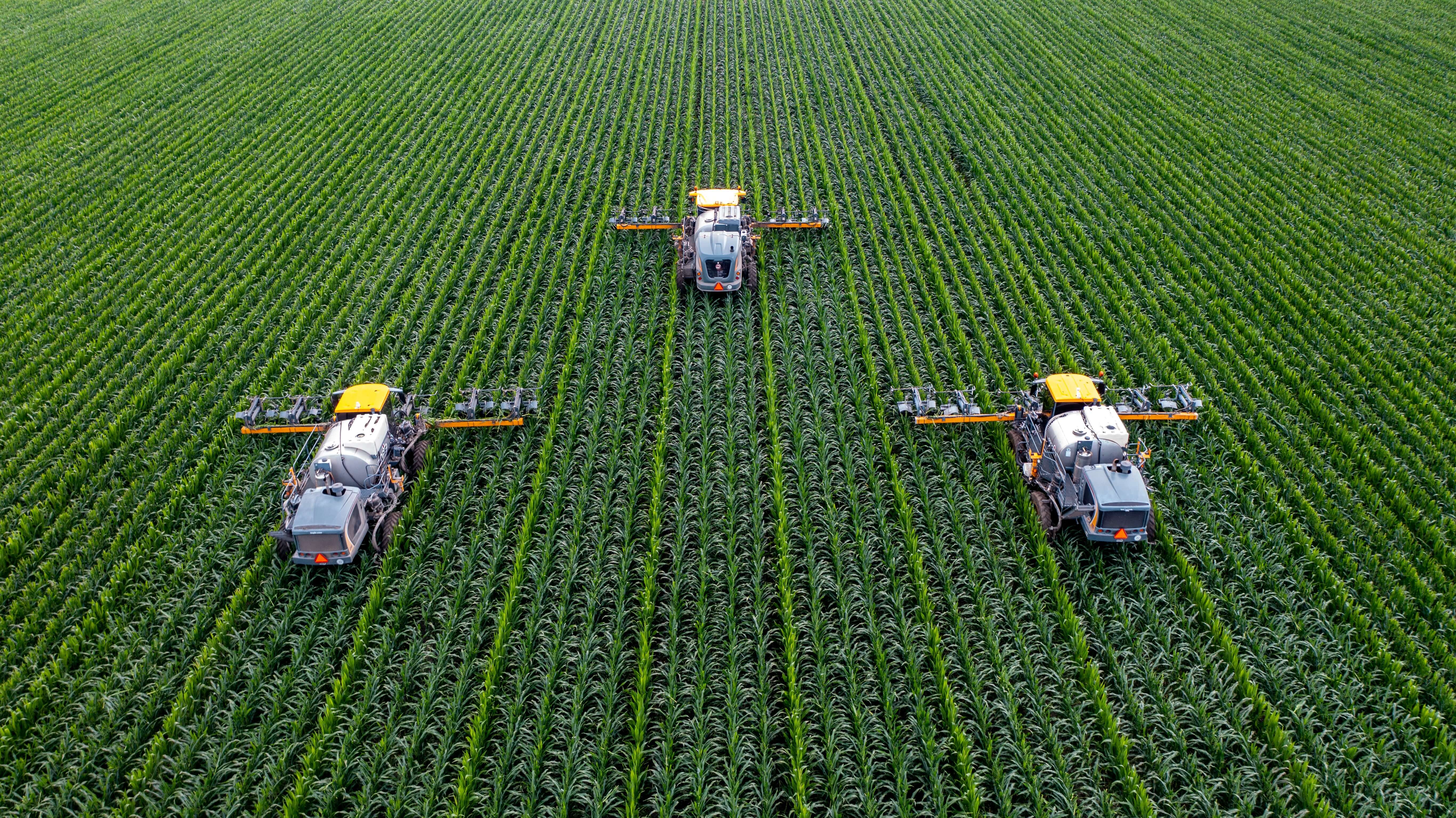A business combination agreement between NRAC and Braiin Limited, a multifaceted agricultural technology firm with distinctive technologies and capabilities that dynamically meet high-growth market trends throughout the agriculture ecosystem, was recently signed. Internet of Things (IoT), robotics, software, and artificial intelligence/machine learning (AI/ML) are three essential divisions of Braiin that provide connectivity infrastructure, drones, imagery, analytics, and actionable productivity recommendations to farms. Braiin provides a precision agriculture technology platform with automation, insights, and connectivity. Braiin's technology enables farmers to enhance yields by an estimated 20–25% by mapping the environment, observing microclimates, and automating cultivation. With locations in six nations, the organization now has 300 employees.
Up to 85% thanks may reduce the use of water and fertilizer to Braiin's IoT sensor and drone technology, which can also lower health risks and guarantee worker safety. By replacing gasoline-powered sprayers and other fossil-fuel-burning machinery with ecologically friendly rechargeable battery-powered drones, NRAC significantly lowers carbon emissions in the areas where they are used. Current Braiin shareholders will keep all of their stock through new ordinary shares of NRAC, and the deal is anticipated to cost around $215 million. After the transaction, they will hold around 65% of the merged public firm.
SPAC Deals Decrease In Size & Number
SPACs (or Special Purpose Acquisition Companies) have been in a net decrease in 2022 in their sizes and numbers compared to the record-breaking 2021 year that has seen it peak. According to Crunchbase, an important list of SPAC mergers between 2021 and 2022 have ended in bankruptcy as companies failed to meet expectations and their shares plummeted below their stock market qualification requirements. AgTech companies have been no strangers to this phenomenon. We've seen a rising number of companies from every sector segment seeing their shares reaching all-time lows as they could not hold the promises set to investors.
Indoor farming companies such as Local Bounti, Agrify, Edible Garden, or Kalera had to deal with receiving de-listing notices from the NASDAQ or NYSE listing qualification department; AeroFarms pulled out of its SPAC deal with Agrico, and many more companies have experienced similar events.
In 2022, a Wall Street Journal article highlighted concerns over the SPAC frenzy, stating that analysts were overestimating the actual value of these budding companies (some only a few years old) despite having no revenue history or facilities that could reach the projected figures. In addition, investors and academics have criticized that SPAC deals benefited from loose regulation and the possibility of attracting bullish investors who believe in the estimates set forward by analysts and rating agencies.
Photo by James Baltz on Unsplash



3 Comments